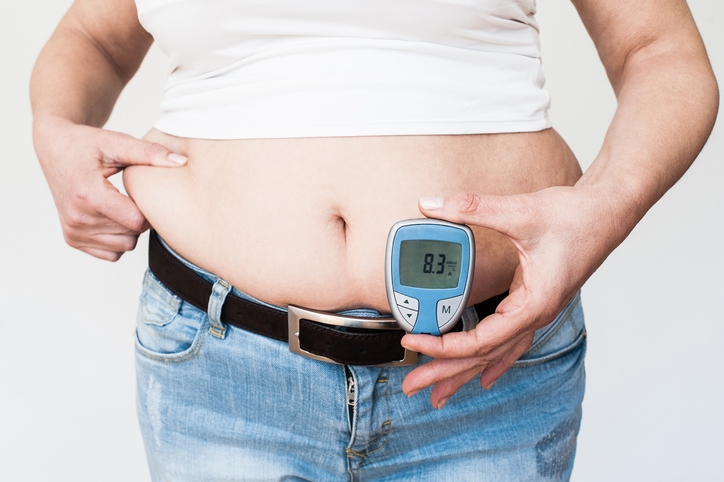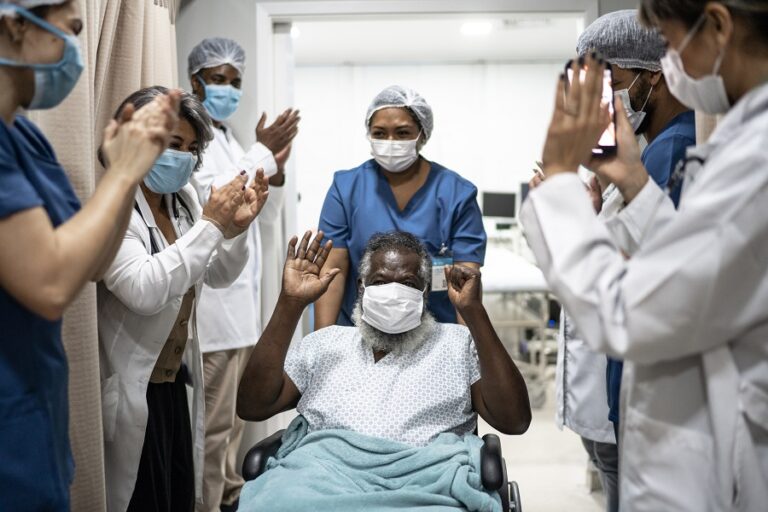Curing Type 2 Diabetes with Surgery
Because many people who suffer from type 2 diabetes develop the condition as a complication of obesity, doctors have focused on treating the condition with dietary changes, exercise and medication. Correcting the excess weight would usually improve or cure the condition. Treating these patients with weight-loss surgery was considered a drastic treatment, reserved for those who tried everything to lose weight without success. However, in the past few years, the thinking has changed. Now, thanks to new research, weight loss surgery is becoming a first line treatment for type 2 diabetes to improve or resolve the condition in a relatively short period of time.
The Risks of Type 2 Diabetes
People who suffer from type 2 diabetes have a hard time keeping their blood glucose at normal levels because the body does not use its insulin efficiently to regulate sugar in the blood. Over time, this can lead to serious complications, including:
- Diabetic ketoacidosis (DKA), a life-threatening medical condition
- Neuropathy, or nerve damage
- Cataracts and loss of vision
- Kidney injury
- Increased risk of stroke and heart attack
- Bacterial and fungal infections of the skin
Uncontrolled diabetes can lead to lifelong pain, loss of limbs, coma, and death. Even when well-controlled, diabetes can lead to periods of hypoglycemia and strap patients with high medication costs.
The Benefits of Surgery
Medical professionals have long wondered if weight-loss surgery is more effective than proper nutrition and physical activity alone for reversing type 2 diabetes. A small study from the University of Pittsburgh has the answer: yes. Researchers examined 61 men and women with type 2 diabetes and randomly selected them to receive gastric bypass, an intensive lifestyle program (diet and exercise), or an adjustable gastric band. After following the participants for three years and measuring their weight and fasting blood sugar levels, among other metrics, they found:
- Those receiving gastric bypass lost more weight. Specifically, recipients of the surgery lost around 25% of their body weight and 11% body fat, while those in the lifestyle group only lost 5.7% body weight and 3% body fat.
- People who received gastric bypass also experienced the largest drop in fasting blood sugar, a 66 mL/dL drop compared to 28 mg/dL for the lifestyle group.
- Finally, people who received gastric bypass were more likely to wean off their diabetes drugs, at 65% compared to none in the lifestyle group.
This study suggests that gastric bypass surgery can be significantly more effective in reversing the effects of type 2 diabetes compared to lifestyle modifications alone. By restoring the body’s sensitivity to insulin through calorie restriction, people with type 2 diabetes can experience great success from gastric bypass surgery. In fact, it’s even been effective in people who are not overweight. For information about gastric bypass surgery and to see if it’s the right option for you, contact Dr. Malladi at Malladi Bariatrics and Advanced Surgery.





